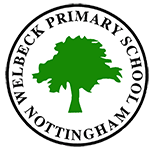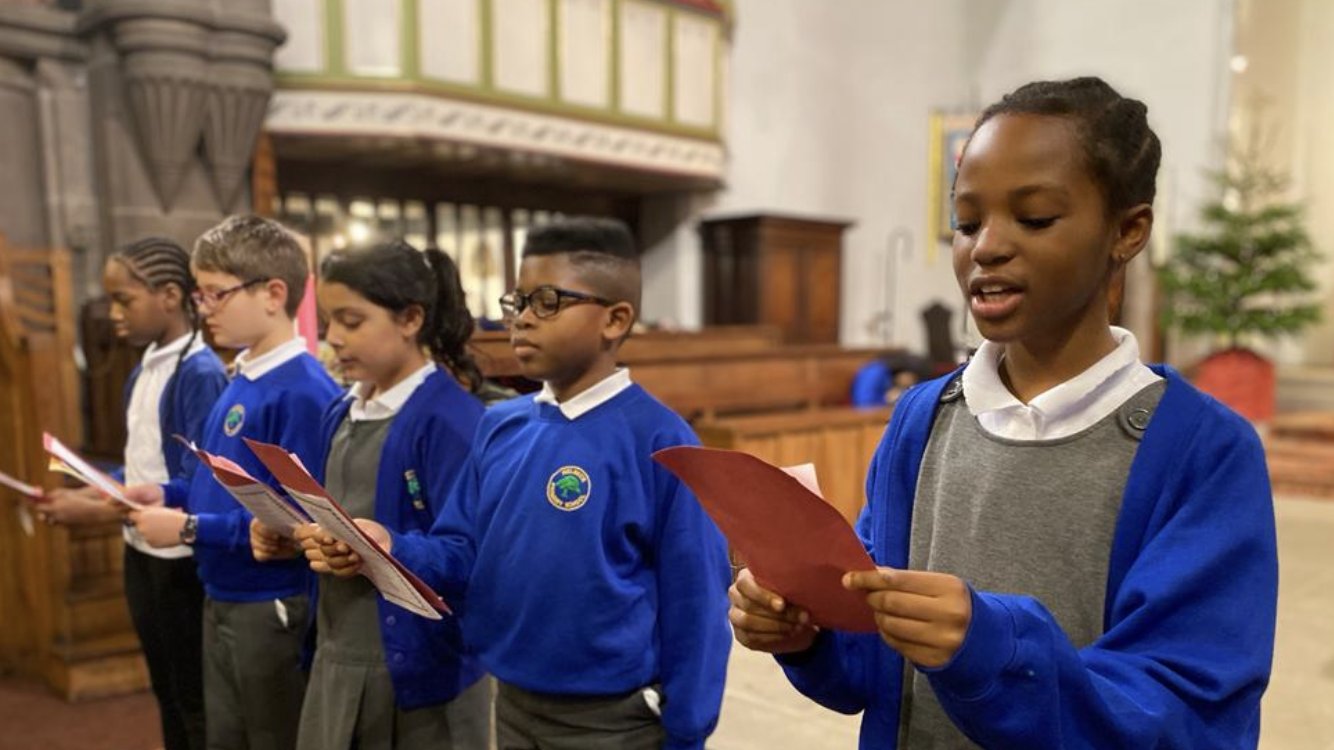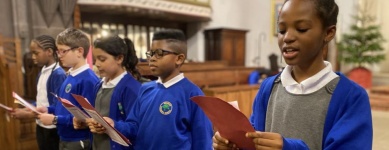At Welbeck Primary we believe our RE curriculum should reflect the rich and diverse communities of Nottingham, across the UK and across the world. Currently, we follow the Nottinghamshire Agreed Syllabus using Jigsaw RE. Jigsaw RE is an enquiry-based scheme of work, covering the principal World faiths and humanism in a progressive way from our youngest children in Nursery to our oldest in Year 6.
Using the Agreed Syllabus alongside Jigsaw RE allows the children to explore the different ways World views can be presented, explored and analysed to develop religious literacy. This can be called ‘disciplinary knowledge’ or ‘ways of knowing’.
The most common ‘ways of knowing’ used in the classroom are-
Philosophy – Curiosity, ‘big’ questions and deep thinking. This ‘way of knowing’ questions meanings of life and moral choices. It explores possible answers to the ‘big’ questions using reasoning and discussions to acknowledge diverse and personal viewpoints.
Theology – Peoples beliefs including God. This ‘way of knowing’ centres on the origins and key beliefs of World views, especially sacred texts and teachings. It can be used to interpret stories from Worldviews and how these might have changed over the years.
Human/social sciences – Is about how people put their beliefs into practise. This ‘way of knowing’ can include studying common practices of faith within a community and individuals. This enables the children to recognise the diversity of lived experiences within each World view, exploring the context of time and place of which followers live in.
Each enquiry lasts for half a term and begins with a “big” question. The children then start discussing the theme of the enquiry from their own experience.
In Early Years, the learning is closely matched to the ‘Development Matters’ curriculum guidance. We use circle times, stories, poems, songs and EAD to compare similarities and differences between religions and cultural communities alongside generating curiosity.
From Years 1 – 6, children will investigate what key beliefs and origins centre around the theme. Studying texts, world leaders, artefacts and important teachings. Children will learn through drama, stories, outdoor learning and songs, adapting their responses and coming to a measured conclusion.
Children will be assessed of their learning, by using their ‘ways of knowing’ skills. Children will be able to justify their ideas using a variety of creative methods – debates, reflection, discussions, through play, poetry and art, allowing for and developing critical thinking skills.
Each enquiry will allow for the children to reflect on what they have learnt about the concept and apply it to their own lives – allowing them to form their own beliefs (religious or non religious) and identity.
We deliver assemblies which celebrate different important times of year. Religious leaders and parents lead these assemblies in school. In addition to this provision, every child attends the ‘Christingle’ service at the local Church as part of our British Values. By the time children leave Welbeck Primary School they will have experienced at least 3 different places of worship and have taken part in a variety of significant festivals and celebrations.
Our aims are to develop children’s awe, wonder and mystery and nurture children’s spiritual development. We want to teach our children respect for others and challenge prejudice alongside prompting how children might contribute to their community and wider society throughout their life.


